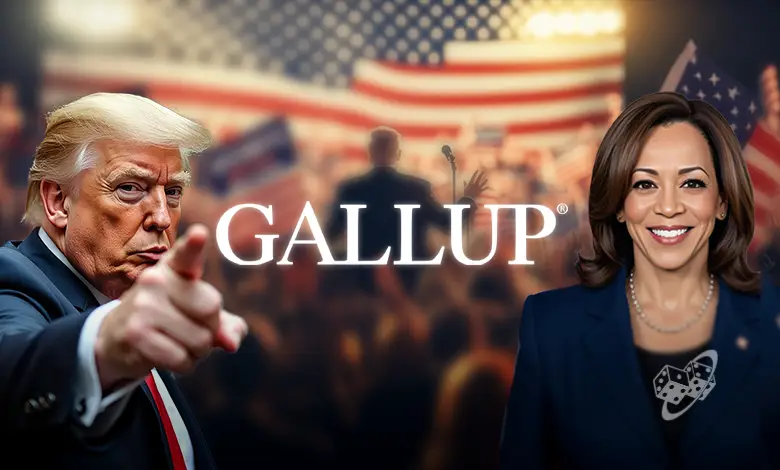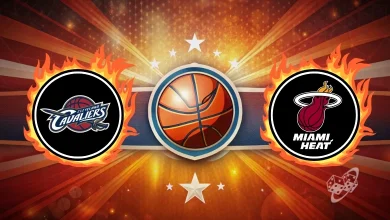U.S. Presidential Race: Gallup Poll Reveals Historic Unpopularity of Trump and Harris

The US Presidential race is getting even with the election closing in. The latest Gallup poll has revealed intriguing insights about the competition.
Conducted from October 1 to 12, the poll showed how both candidates boast low favorability. With 48% and 50%, Kamala Harris and Donald Trump are the most unpopular candidates in the past 70 years.
The outcome signifies voters’ dissatisfaction with the chosen nominees. The favorability ratings indicate a shift in voter sentiment and widespread discontent.
Background Context
Despite reaching record-high lows, the candidates are maintaining a competitive edge. According to the latest survey, Trump’s 50% favorability imitates his likeability from the 2020 election.
Notably, his favorability has risen significantly from 36% in 2016, which was a record low. This is also the first time Trump has touched the 50% mark in the Presidential elections, indicating an improvement in public perception.
On the other hand, Kamala’s 48% favorability competes with some of the lowest ones in history. She is matching Barry Goldwater (1964), Hillary Clinton (2016), and Trump (2016, 2020).
Comparative Analysis
Jeffrey M. Jones, the Senior Writer at Gallup, highlighted that the majority of past presidential candidates scored 60% favorability even when they did not win.
Only three nominees since 2004 have crossed the mark: Barack Obama (2008, 2012), John McCain (2008), and George W. Bush (2004).
The latest favorability statistics reveal a sense of suspicion among voters. It also reveals a shift in how Americans see leadership, which is characterized by dissatisfaction.
Breakdown of Poll Numbers
The Gallup survey offers deeper insights into voters’ states of mind. The poll revealed that Trump has 31% highly favorable views (+4 or +5). His highly unfavorable views (-4 or -5) are at 37%.
Kamala, on the other hand, has 34% highly unfavorable and 30% highly favorable ratings. The polarizing numbers show the divided support base, making it difficult for both candidates to gain trust beyond the core base.
Implications for the 2024 Election
The poll results raise major questions about voter enthusiasm and turnout rates for the 2024 election.
Their lack of favorability can lead to low participation and a surge in 3rd-party interest. Both campaigners find it challenging to shift perceptions for a better turnout.
With both candidates struggling to garner positive perceptions, interest in political wagering has surged, leading to a focus on the Best Political Betting Sites for the latest odds and predictions.
In Conclusion
The Gallup poll outcome has underscored what everyone feared, American voters do not favor both the presidential candidates.
Both campaigns need help with public opinion, and the forthcoming months will significantly influence voter perception. This record-high dissatisfaction can affect the 2024 election and US politics. With growing public mistrust and low engagement, the political system must figure out a way to connect with the voters.





